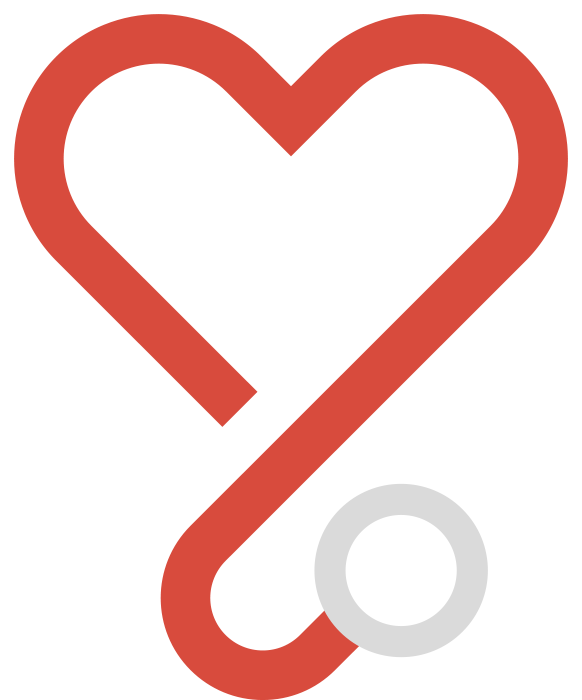
This section will outline some of the most common conditions that affect men and offer advice on what to do if you think you have an illness.
Prostate cancer
Prostate cancer affects more men than any other type of cancer; it is estimated that more than 10,000 men lose their lives to prostate cancer each year. Early symptoms include a frequent desire to urinate, which may result in disrupted sleep as well as pain when passing urine and a feeling that the bladder has not fully emptied even after urination. In the later stages of prostate cancer symptoms may include blood in the urine, extreme weight loss and pain in the joints and bones. Men over the age of 50 and those who are overweight are more at risk of getting prostate cancer.
If you are suffering from any of the symptoms that are listed above you should consult your GP; most of the symptoms may be indicative of minor illnesses but it is worth getting checked out as early diagnosis can radically improve your chances of survival.
If you are diagnosed with prostate cancer there are several possible forms of treatment; the treatment will normally depend on the stage of the cancer. If the cancer is in the very early stages it may be possible to monitor the condition for period of time without any treatment. If the cancer is more advanced the prostate may be removed or be treated using radiotherapy or brachytherapy (this involves inserting tiny radioactive particles into the prostate). Support and advice is available from the Prostate Cancer Charity.
Testicular cancer
Testicular cancer affects more young men than any other form of cancer. Usually, early symptoms include a swollen but painless testicle or the formation of a lump on the testicle; there may also be a sensation of pain. It is important for men to check themselves regularly; if you are experiencing testicular pain or can feel a lump you should consult your GP immediately.
Testicular cancer has a high survival rate (roughly 80%) and is generally curable, particularly if it diagnosed early. Research suggests that young, white men are most at risk of getting testicular cancer and those who have a relative who has been affected by the condition may also be more likely to be affected in the future. Regular exercise can reduce the risk of getting testicular cancer.
Depending on the spread of cancer, treatment may include the removal of the affected testicle and chemotherapy; if the cancer has not spread it may not be necessary for the patient to undergo chemotherapy.
Obesity
Research suggests that half of men in the U.K are overweight. Being overweight can contribute to conditions such as heart disease, diabetes, cancer and arthritis; obesity can also affect fertility. The most effective means of losing weight is to change your diet and exercise regularly; initially you should try to reduce the amount of calories you consume and eat more fruit, vegetables and lean meat. The combination of a healthy diet and exercise will not only help you to lose weight but will increase your self-confidence and make you feel more energised. If you want to lose weight your GP will be able to offer advice regarding ways to exercise and suitable diets.
Hair loss
Many men start to lose their hair in their 20’s or 30’s; this process can cause extreme anxiety and can reduce self-confidence considerably. Generally hair loss is determined by genetics; however stress, anaemia and an under-active thyroid can also bring about a loss of hair. If hair loss is caused by an illness it may be possible to reverse the effects by treating the illness; this is often possible in those who are suffering from anaemia. If the hair loss is genetic it is normally not possible to reverse the effects. Some lotions, such as minoxidil, are available; these lotions aim to reduce the rate of hair loss and stimulate new growth; they must be used constantly otherwise they will stop working. Some men also wear wigs or have hair transplants to combat the anxiety caused by hair loss.
Snoring
Snoring is most common in men and is caused by the noise of the soft palate (the soft area at the back of the roof of the mouth) vibrating. Snoring can be made worse by being overweight, smoking, drinking alcohol and taking sleeping pills. Aside from the obvious social disadvantages, snoring can be a symptom of sleep apnoea, a condition which means the airway is blocked; this condition is common in people who are overweight. Snoring can usually be reduced by maintaining a stable, healthy weight and refraining from smoking and drinking late at night. People who sleep on their side are also less likely to snore than those who sleep on their back.
